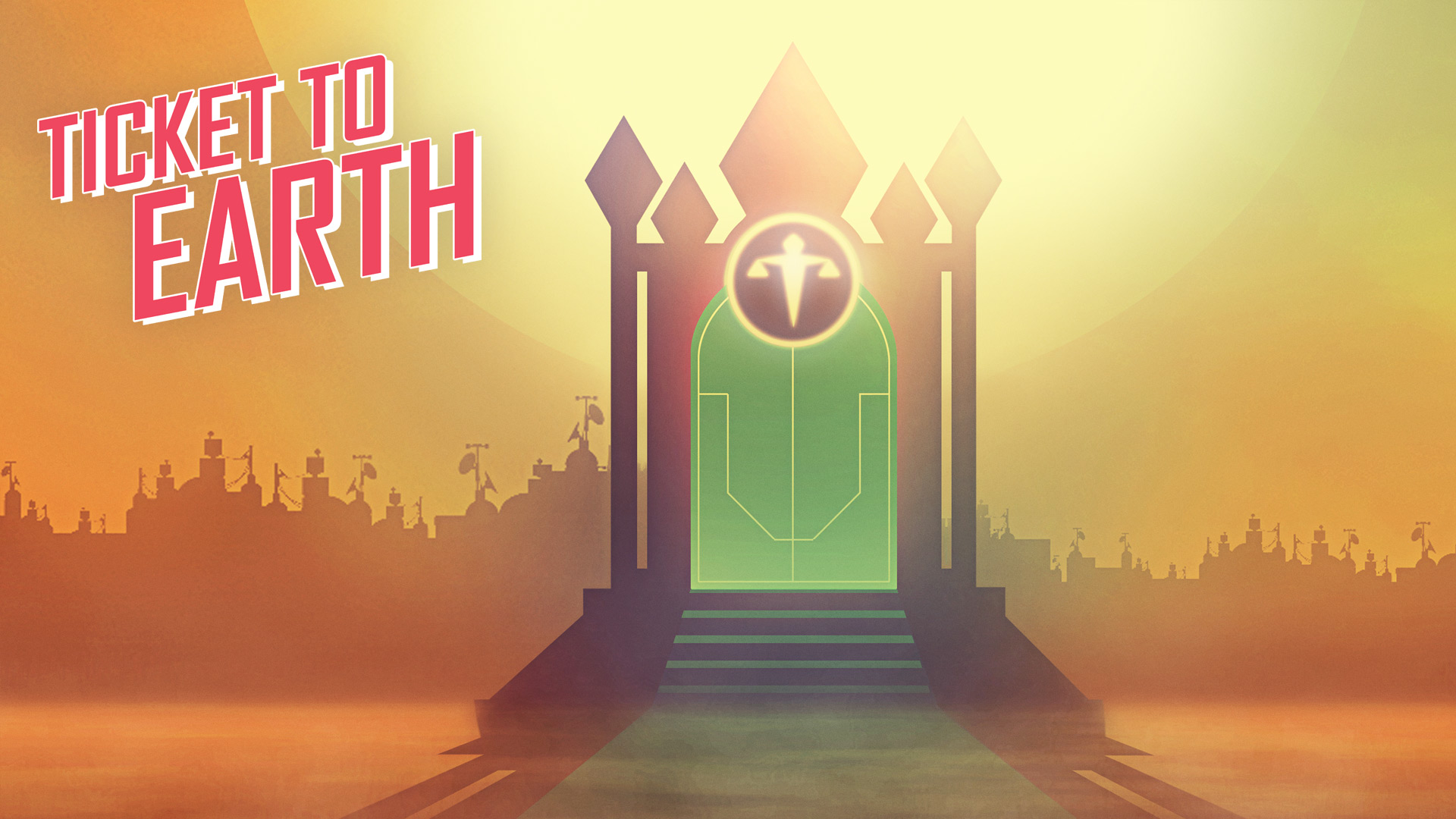


“One of the fundamental objectives of the RBSP mission is to use Earth’s magnetosphere as a natural laboratory to understand generally how radiation is created and evolves throughout the universe. “The dramatic dynamics of Earth’s radiation belts caused by space weather are highly unpredictable,” said Barry Mauk, RBSP project scientist at The Johns Hopkins University Applied Physics Laboratory (APL) in Laurel, Md. Space weather is caused in great part by the sun’s influence on Earth and near-Earth space, including solar events such as giant eruptions of solar material called coronal mass ejections. RBSP will help scientists understand how the invisible radiation belts - named for James Van Allen, who discovered them - behave and react to changes in the sun, thereby contributing to Earth’s space weather. “RBSP will further explore the connection of solar variability and its impacts on Earth’s radiation belts.” “At the end of this month we will turn our attention from planet Mars to planet Earth, both immersed in the atmosphere of our sun,” said Barbara Giles, director of NASA’s Heliophysics Division. The data will help researchers develop an understanding of the Van Allen radiation belts, two rings of very high energy electrons and protons that can pose hazards to human and robotic explorers. The RBSP spacecraft are designed to fly and operate in the heart of the most hazardous regions of near-Earth space to collect crucial data. Final preparations have begun for launch on Thursday, Aug. Visit the GitHub repo to make your own Goggles.NASA’s Radiation Belt Storm Probes (RBSP) mission will send two spacecraft into the harsh environment of our planet’s radiation belts. Or you can visit the Goggles landing page. To access Goggles, simply conduct a search at, and then click the Goggles tab on the results page. Goggles allows users to counter this intrinsic bias in the ranking algorithm. While Brave Search doesn’t have editorial biases, all search engines have some level of intrinsic bias. This means that, instead of a single ranking, Brave Search can offer an almost limitless number of ranking options, enabling search use-cases that could be too specific for an all-purpose search engine. Essentially, Goggles will act as a re-ranking option on top of the Brave Search index. Anyone could then choose to apply a Goggle-or extend it-to their view of Brave Search results. Goggles enable anyone, or any community of people, to create sets of rules and filters to constrain the searchable space and / or alter the ordering of results. Goggles is a beta feature of Brave Search. What is the Goggles feature, and can it help limit search censorship?.You can easily see how often these third-party results are mixed (via our independence score), and our aim is to gradually reduce this mixing over time. We rely on Bing for most image and video results.įor each of the cases above, if the results are censored, filtered, or re-ranked at the source, those changes would also pass through to our results.If you’ve chosen to enable it, we can also check Google for fallback mixing in your browser.For a small percentage of queries where we don’t have good results, we’ll check Bing for server-side fallback mixing.However, there is one exception to this rule: We do need to comply with laws governing search engines, including CSAM, copyright takedown (DMCA), right to be forgotten (GDPR), and nation-state orders.
BRAVE EARTH GREENLIGHT FREE
Brave Search-like Brave itself-is intended to be a user-first portal to the web, free of Big Tech’s manipulation. Nor will we change our search algorithm to increase or decrease the prominence of results in response to current events or anyone’s political, religious, ethical, or other beliefs. No, Brave Search does not filter, downrank, or censor search results.



 0 kommentar(er)
0 kommentar(er)
